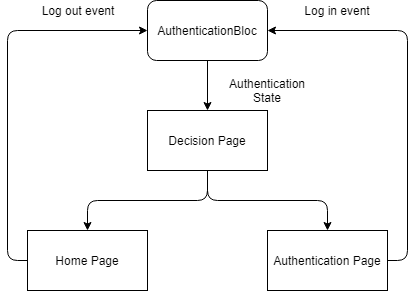
But this is the path.Īnd if you think seriously about climate change, and what needs to happen to address climate change, you'll see that aggressively engaging with Wall Street and Silicon Valley, as well as the government, must be a priority. I'm much more focused on the climate fight and creating jobs. I'm not really motivated by money, and so that has been a little bit of a disconnect for me, you know, having to raise capital and communicate about how we're going to make all this money and repay investors. That's what you know, you're supposed to do on Wall Street. You have to persuade a lot of other people who have a little more than nothing to become a team and partner with you around your shared agenda, and so you have to paint a clear vision for an achievable goal. I'm kind of curious to know how you've been able to hold onto the community organizer side of yourself while you're knocking on the doors of Wall Street.Ī: I think that it's been interesting that some of the best managers and leadership skills actually rely on a lot of principles that are very similar to community organizing. Q: You started your career in social justice. It was painful, but I pivoted, and learned enough about business and finance and technology to kind of start my company. And so, while in business school, I kind of pivoted. And there just is no path to organizing that kind of capital to do anything unless there's a for-profit motive and rationale. And while I was there, I learned that … in order to have a real impact at scale, to help invest the trillions of dollars that need to be invested in greening buildings across the United States, and across North America and Canada as well … it's going to cost trillions of dollars to decarbonize real estate and buildings.
#Blocs app footer how to
So after doing that for a few years, I went to Columbia Business School to try to learn enough about business and finance to figure out how to have an impact on greenhouse gas emissions. And so we didn't get all those programs to work as well as we'd hoped. They thought that green buildings investments were not a good investment at that time. And a lot of the bankers would not invest that capital. I think there's like $90 billion of pension fund assets that folks wanted to invest. And, you know, we needed a lot of Wall Street capital to invest - billions and billions of dollars. Department of Energy as they invested six and a half billion dollars in greening buildings across America - or trying to - and some of it worked really well, but a lot of it didn't. How did you end up in a climate tech startup?Ī: I was a consultant to the U.S. Q: Prior to launching BlocPower, you worked as a community organizer in Brooklyn and then as a consultant under U.S. While we're doing it, we're going to make your home healthier, more comfortable, more modern, and we're going to save you a bunch of money on your energy expenses.

And so we're going to rip all that stuff out and replace it with all electric heating and cooling and hot water, and we're going to save you money. It's also poisoning the planet with greenhouse gas emissions. Fossil fuel equipment is poisoning your family with methane and nitrogen dioxide and carbon monoxide. Just like Tesla has ripped the fossil fuel engine out of vehicles, we're going to rip fossil fuel equipment out of your home. Q: Give me your elevator pitch: What's the solution you're trying to deliver on?Ī: We turn buildings into Teslas. Baird spoke with What On Earth host Laura Lynch about what BlocPower does, why he chose climate tech and how he stays connected to his roots in community organizing. Blo cPower does this through retrofits, and ac cording to the company's website, it has retrofitted more than 1,200 buildings since it was founded in 2014. 30:59įrom Je ff Bezos to Microsoft, CEO Donnel Baird has attracted big investors in his New York-based company BlocPower, which reduces emissions by electrifying many aspects of buildings across the United States. From a climate tech start up to a community driven food security project, people are fighting climate change and creating good news along the way. What On Earth 30:59 Now for some good news.


 0 kommentar(er)
0 kommentar(er)
